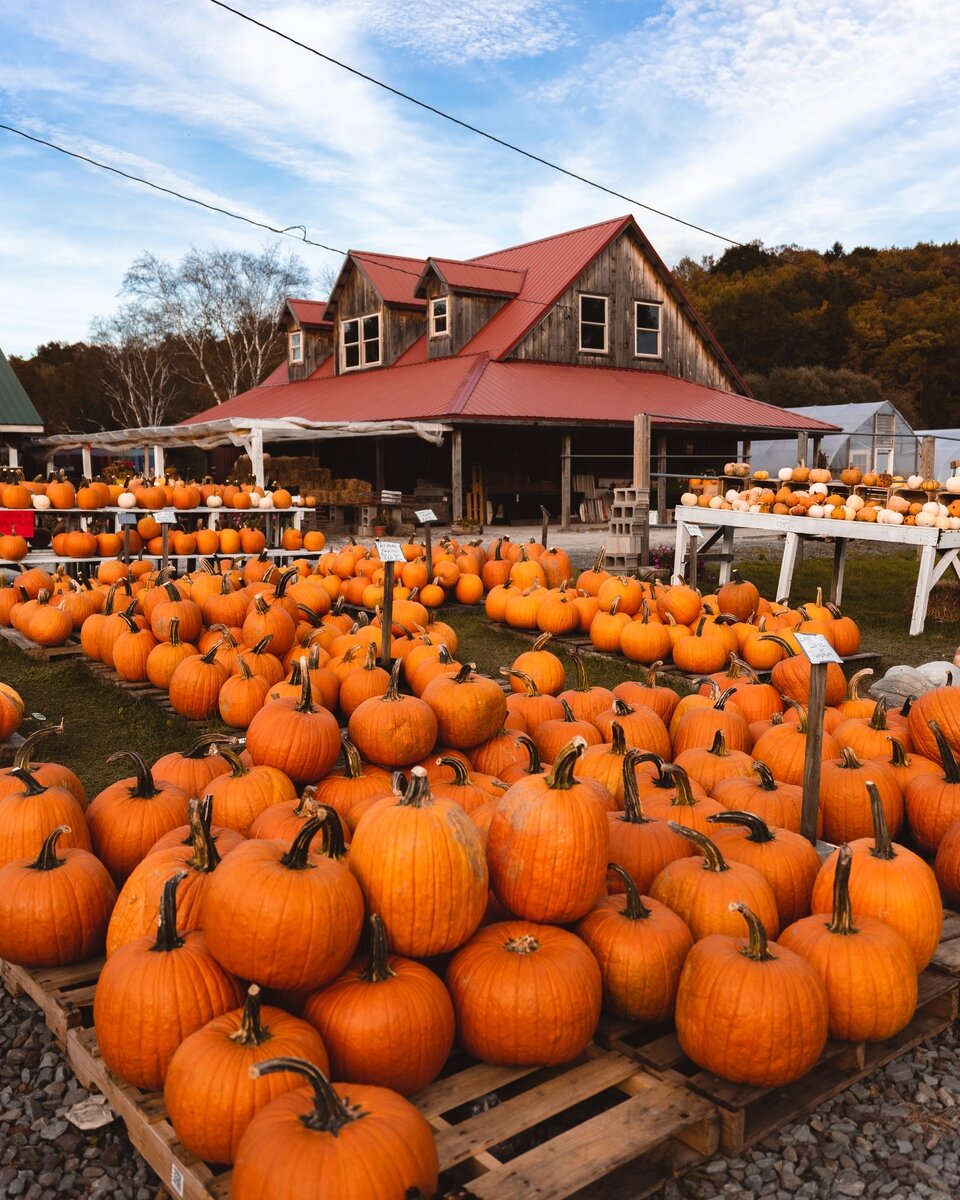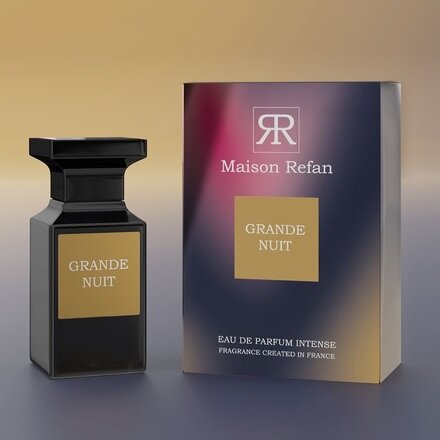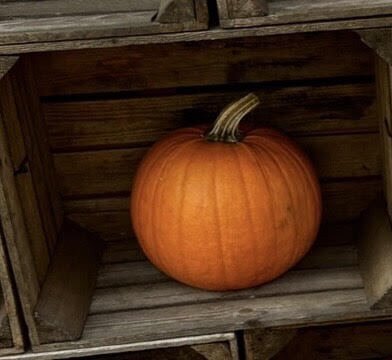Pumpkin farms and autumn-themed franchises

Discover the growing trend of pumpkin farms and autumn-themed franchises across Europe. Learn how to tap into this seasonal market and turn autumn charm into profit!
As the autumn season arrives, franchising opportunities that align with the charm and traditions of this period are becoming increasingly popular across Europe. Among these, pumpkin farms and autumn-themed attractions are gaining particular attention. Originally a staple in the U.S., pumpkin farms are now beginning to thrive in European markets, offering a blend of seasonal charm and lucrative business opportunities for entrepreneurs.
Growing popularity of Pumpkin Farms in Europe
Pumpkin farms have long been associated with family-friendly activities, and their appeal in Europe is growing. In countries such as Germany, the Netherlands, and Poland, autumn festivals and Halloween celebrations are increasing in popularity. These farms offer more than just pumpkin picking. Visitors are attracted to additional activities such as hayrides, corn mazes, and Halloween-themed events. For example, Germany’s Kürbis-Hof (Pumpkin Farm) Löbke has become a significant player in the autumn tourism industry. Located in Lower Saxony, this farm offers a wide range of autumn events, including pumpkin festivals and night-time Halloween experiences, drawing thousands of visitors each year.
Similarly, PumpkinVille in the Netherlands offers a full autumn experience with sprawling pumpkin fields, artisanal food markets, and apple cider tastings. With such diversified offerings, these farms become autumn destinations, rather than just one-time visits for pumpkin picking. This business model is particularly appealing to franchisees looking to create a multifaceted seasonal attraction.
Financial and operational benefits
The investment required to start a pumpkin farm franchise varies depending on the size and scope of the attraction. In the U.S., where this model is more developed, a typical franchise fee for a seasonal farm can range between €50,000 and €100,000. However, in Europe, these costs can be lower due to fewer existing competitors and the early stage of market penetration. European pumpkin farms tend to operate between September and November, providing a shorter but intensive business window. For example, Kürbisland, a popular pumpkin farm in Switzerland, reports that it generates up to €100,000 in revenue over the three-month autumn period.
This short operating season is a key factor for investors, as it allows flexibility. Franchisees can focus on intensive marketing and operation during autumn, without the need to maintain year-round staff or high overhead costs. Many pumpkin farms expand their business by offering on-site shops that sell local products, such as jams, seasonal fruits, and autumn-themed decor. These shops can significantly boost revenue, making up for the limited operating window. For example, some European farms have reported earning up to 30% of their annual revenue through these additional offerings.
Challenges and market potential
Despite its growing popularity, the pumpkin farm model in Europe does face challenges. The unpredictable autumn weather can have a direct impact on visitor numbers. Too much rain or early frosts can discourage visitors from outdoor activities, affecting revenue. Franchisees need to be prepared to offer indoor attractions or covered areas where visitors can still enjoy seasonal activities, such as workshops or themed cafes. Another challenge is the seasonality of the business. Operating for only a few months means franchisees must maximize revenue within a short period, which requires effective marketing and careful planning.
However, the potential for growth in Europe is significant. As Halloween becomes more mainstream and families seek new outdoor activities, pumpkin farms and other autumn-themed attractions are set to become increasingly popular. Countries such as Poland, where autumn festivals are relatively new, present an opportunity for franchisees to introduce the concept and build a loyal customer base.
The pumpkin farm franchise model offers a unique opportunity for entrepreneurs looking to tap into the growing autumn tourism market in Europe. With increasing demand for family-friendly activities and Halloween celebrations, pumpkin farms are well-positioned to capitalize on these trends. Whether in Germany, the Netherlands, or emerging markets like Poland, franchisees can benefit from a growing interest in seasonal experiences. By offering diversified attractions, such as corn mazes, hayrides, and artisanal food markets, these farms can become key autumn destinations, providing both memorable experiences for visitors and profitable business ventures for franchise owners.
Featured franchises
No featured franchises
Breaking news
Show all
Franchise model in sustainable water solutions
An international franchise network focusing on water generation and distribution technologies designed for commercial and residential markets.

Milano Cosmetics franchise overview
Milano Cosmetics offers a global franchise model for professional beauty salons with defined financial terms, operational support, and international p

REFAN franchise network
REFAN is a European cosmetics and perfume manufacturer offering a standardized franchise model based on private-label production and retail.

Neuhaus Chocolates franchise model
An established Belgian chocolate house offering a structured franchise concept built on heritage, premium quality and international brand recognition.


